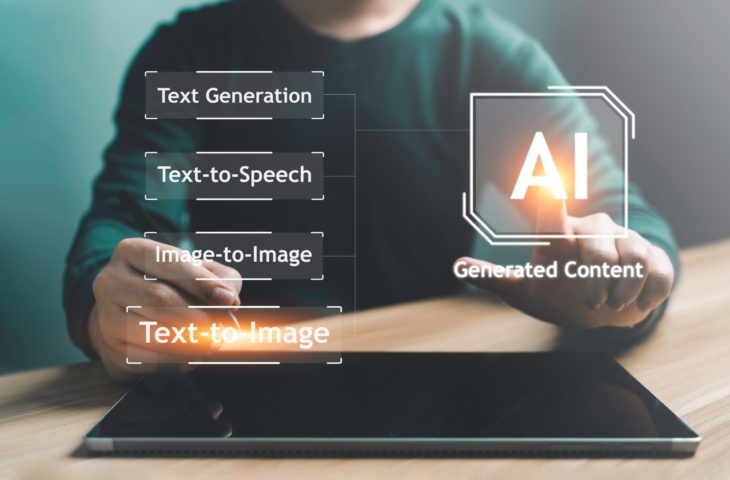Three Dutch non-profit organizations will develop their own open language model. According to the developers, GPT-NL is necessary to develop, strengthen and maintain digital sovereignty. The Flemish authorities in the field of (new) technology are keeping an eye on developments.
With GPT-NL, the research organization TNO, SURF (ICT Cooperative for Education and Research) and the Netherlands Forensic Institute (NFI) want to take an important step towards a transparent, fair and verifiable use of artificial intelligence (AI). “The model must be fully in line with Dutch and European values and policies. The project is supported by the Ministry of Economy and Climate of our northern neighbors.
Public expertise
According to SURF’s report, with the project the Netherlands is taking a big step in developing public expertise and experience in the field of generative AI language models. “A proprietary open language model strengthens expertise in this topic and also provides an incentive for research and innovation in the field of AI,” it said. GPT-NL will be a virtual facility open to partners who wish to contribute data and knowledge or develop applications based on the generative language model.
GPT-NL can be used in academic institutions, by researchers and by governments. It allows them to explore and try out language models in general, including specific applications in security, health, education, services and many other areas. In this way, GPT-NL contributes to greater openness, transparency and protection of user privacy.
Flanders is following developments closely
The researchers will work in two phases. In phase one, the first year, the focus is on the concrete development of the Dutch language model. The academic sector will also be actively involved in this phase. The second phase is that of exploitation. To this end, the program will connect to the national supercomputer, as the entire project obviously requires enormous computing power.
The Flemish authorities dealing with data protection, AI and other technological applications are closely monitoring developments in the Netherlands. In addition, there is the possibility that there will also be some Belgian contribution. For example, the various authorities, such as the Digisprong Knowledge Center, regularly consult data protection files. Collaboration, especially because it is a Dutch-speaking model, cannot be ruled out.
